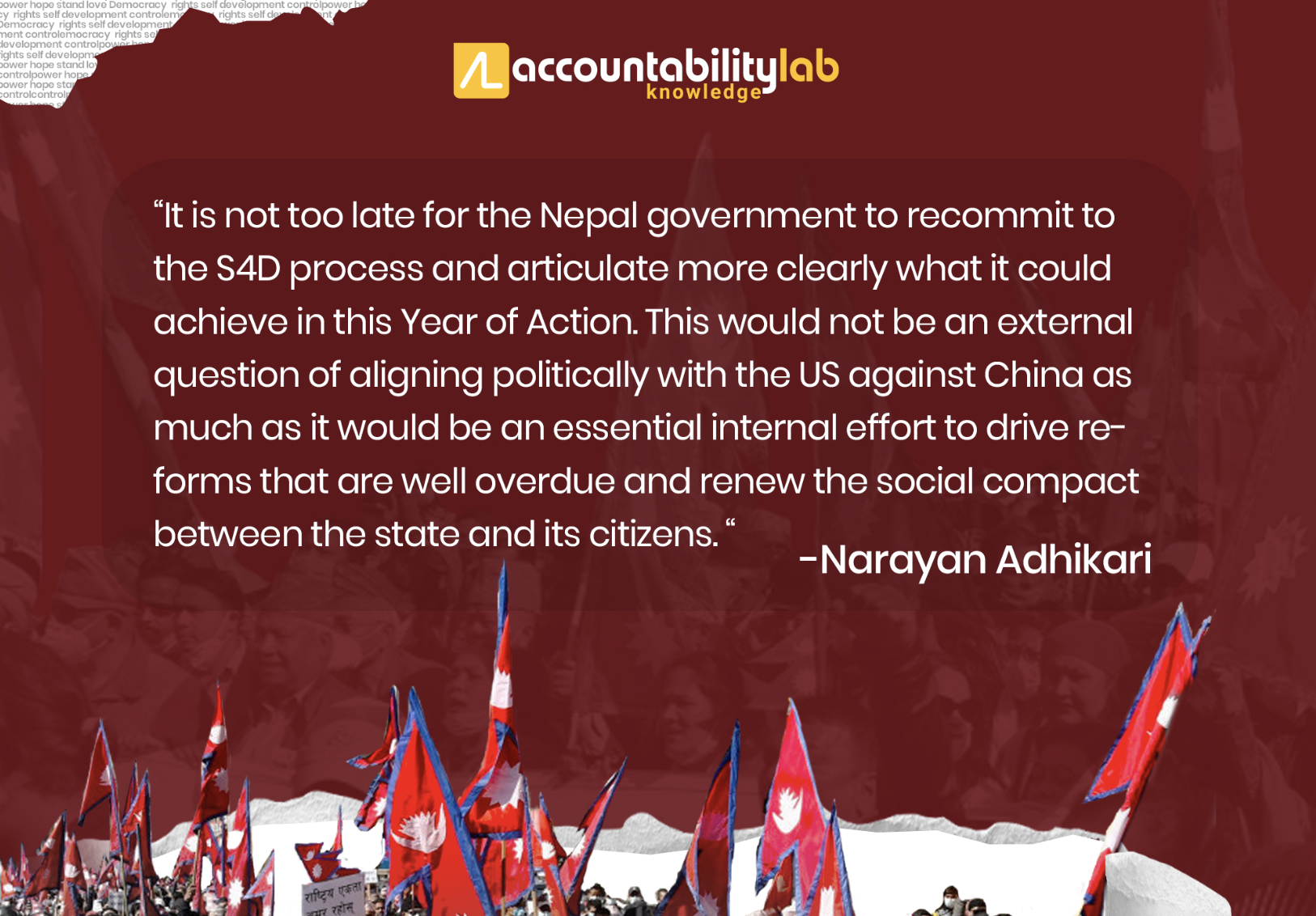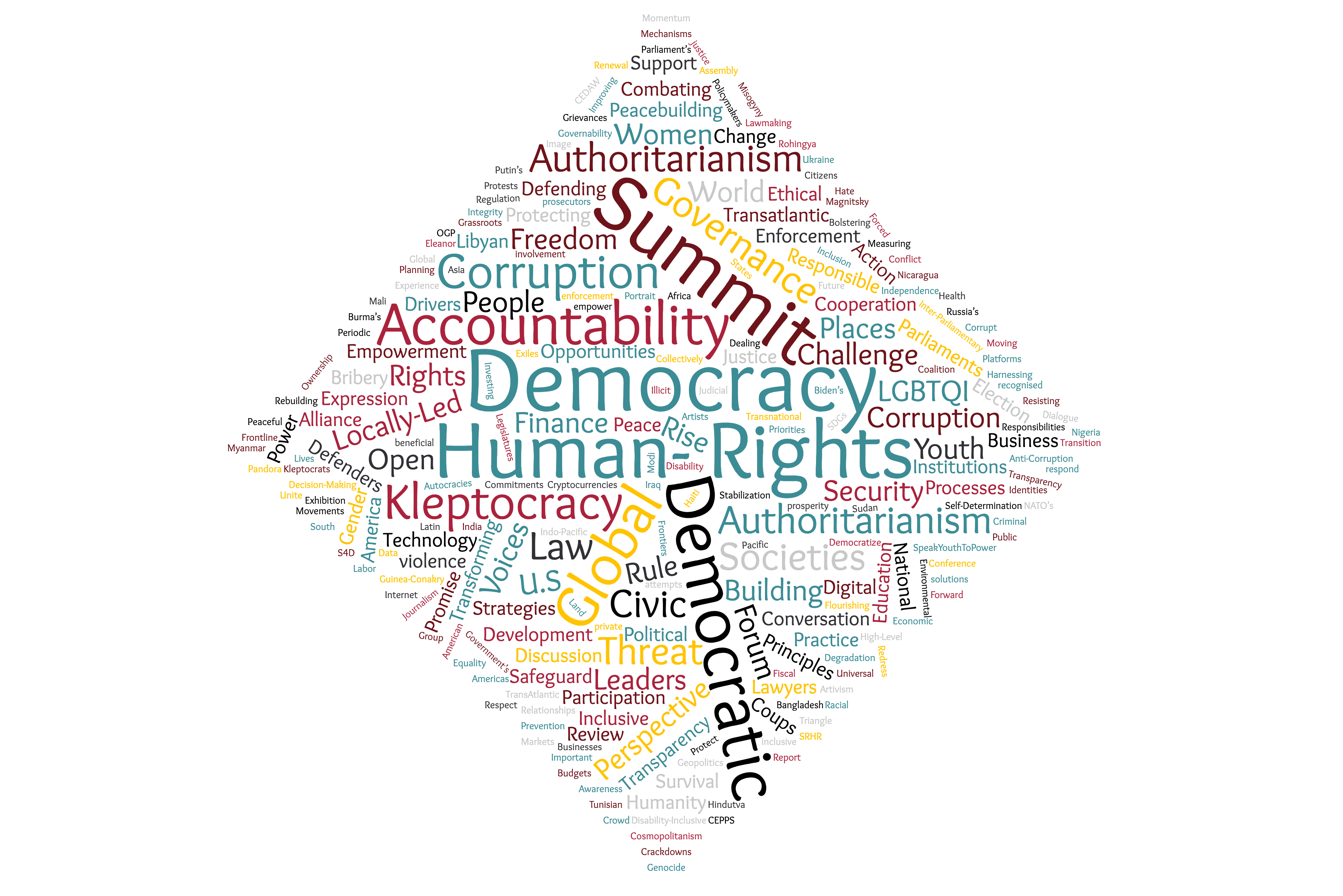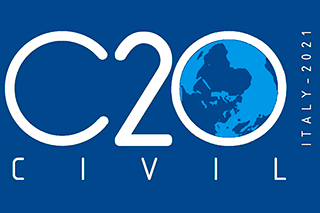Ways to commit to democracy in Nepal
Nepal needs an essential internal effort to drive reforms that are well overdue. Narayan Adhikari and Blair Glencorse take a closer look Last month, the Nepal government released its written commitments as part of the United States government-led Summit for Democracy—an effort to bolster and renew democratic action globally during a period of significant challenges for democracies around the world. While American influence in Nepal is certainly not uncontroversial—as we have seen with the renewed protests related to the Millennium Challenge Corporation agreement recently—in a broader sense the S4D, as it is known, and the “Year of Action” it has now precipitated are an extraordinary opportunity [...]










